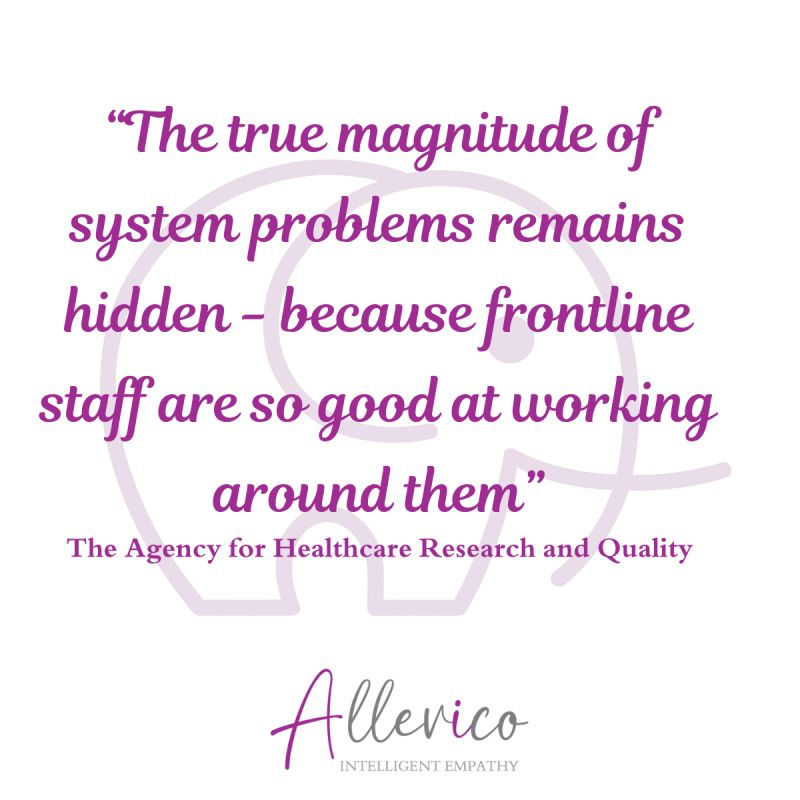Giuseppe was labelled as “non-compliant”
- Paul

- Jul 31, 2025
- 3 min read

Refusing his medication. Pushing staff away. Sometimes shouting in Italian.
“Does he understand English?” someone asked. “Should we call a translator?”
But it wasn’t confusion. And it wasn’t a language barrier. Giuseppe understood everything — he just couldn’t speak it anymore.
His brother visited from interstate after several months, and finally explained:
“He was a doctor for 40 years in hospitals. He’s not confused, he’s insulted by how he’s being spoken to.”
The next time staff needed to assess him, they changed their approach. Speaking clinically, showing professional respect.
No resistance. No shouting. Just a calm nod.
He didn’t need a translator. He needed to be recognised for who he was, and more importantly who he still is, even though he can’t express it.
Beyond compliance
Giuseppe’s story, much like the others we have shared at Allevico, is not a work of fiction.
These stories are shaped from real situations, real people, and real moments of care. Identities and details are adapted, but the experiences are true.
Again and again, these stories show how the smallest insight can make the biggest difference.
Yet the systems we ask carers to use expect these insights to already be known. The systems simply track them — often in a way that is anything but intuitive.
We track the dosage, the intervention, the outcome. But what if the greatest risk isn’t clinical, it’s relational? Could supporting tone, language and dignity be the next frontier of quality care?
A system still catching up
Technology is widely regarded as critical to aged-care transformation, yet as recently as 2022 only 14% of providers reported using fully integrated software systems.
The Aged Care Quality and Safety Commission’s strengthened Quality Standard 1 reminds us: “Each older person is unique and has a different life story.”
This signals a clear opportunity for improved personalised behavioural support. But too often, care systems are fragmented, incomplete, or purely clinical. They lack the personal insights we need to deliver true person-centred care.
There are many pieces of the puzzle when caring for a person living with dementia, yet our systems only look at the patient, the illness, and not the person behind the patient. At best, they may offer the most generic of details on a person’s life story.
Unlocking the missing pieces
At Allevico, we deeply believe that personal histories, life stories, memories, and pictures are all key to guiding better personalised care. And they need to be accessible when and where they are needed most.
Imagine if the next generation of aged-care technology didn’t just store information, but also surfaced the right memory at the right moment.
A photo that sparks a smile.A familiar song that softens agitation.A small detail that turns confusion into comfort.
Care is shaped not only by what we know, but also by when we know it.
And perhaps, the right insight, delivered at just the right moment, is the missing piece of the bigger picture. The one we need to find if we are to truly enable person-centred care.
Founder Reflections
“We track the dosage, the intervention, the outcome. But what if the greatest risk isn’t clinical, it’s relational? Could supporting tone, language and dignity be the next frontier of quality care?” Paul Murphy
“Technology is critical to aged-care transformation, but too often systems are fragmented or purely clinical. We need solutions that surface the personal insights which actually guide care.” Paul Kirschner
“Imagine if technology didn’t just store data, but surfaced the right memory at the right moment. A photo, a song, a detail that changes everything. That’s the kind of innovation that truly enables person-centred care.” Paul Murray





Comments